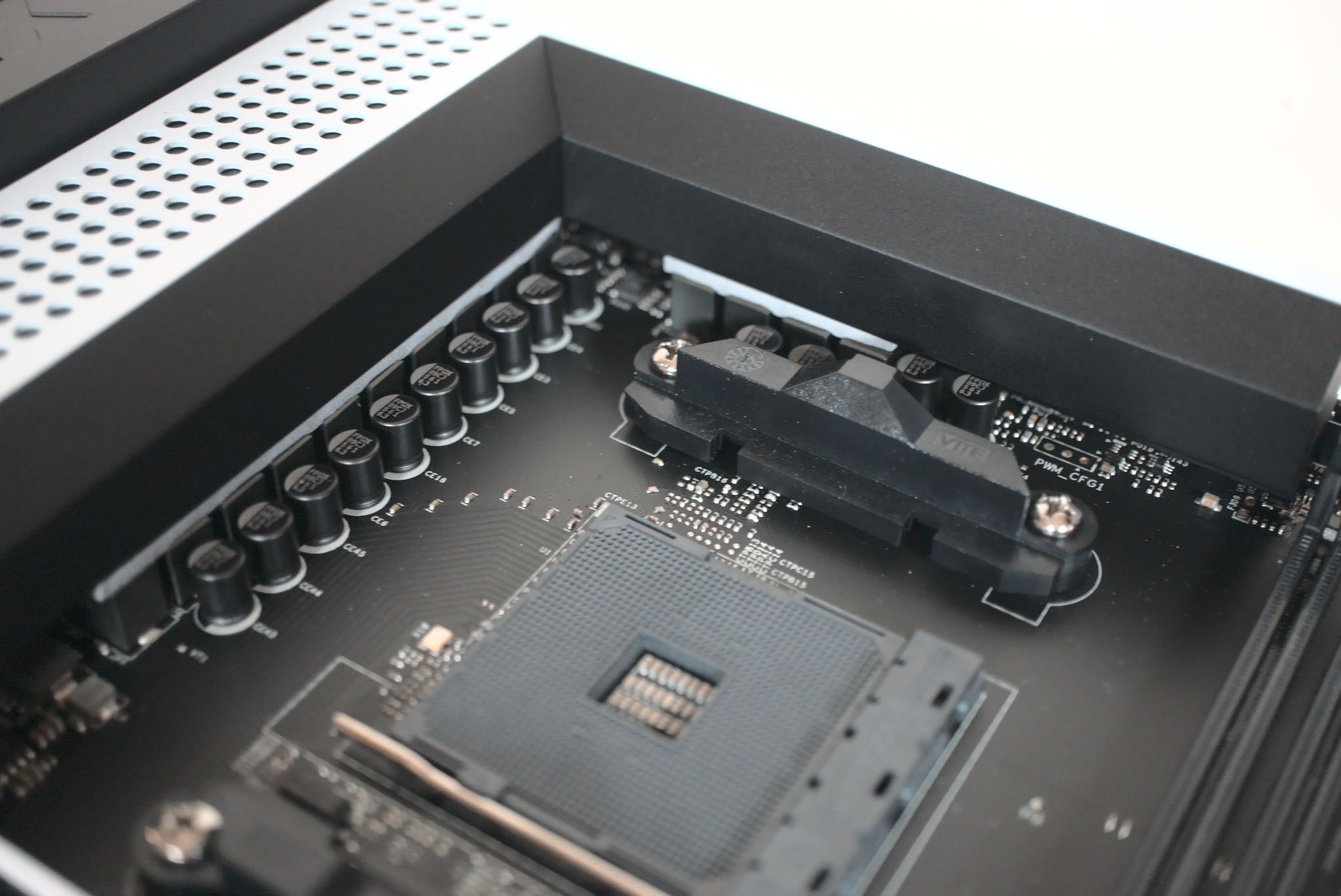"Shortage" is a relative term.
What you need to know
- The global chip shortage is affecting most tech companies as well as countries.
- China is one such country.
- Its chip output, though hampered by certain factors, is still shattering previous years' figures.
China may have headaches to deal with when it comes to the semiconductor space, be they general shortage issues or U.S. sanctions, but that isn't stopping the country from hitting record-high integrated circuit (IC) production figures.
According to the South China Morning Post, China has produced 203.6 billion chips within the first seven months of 2021 (via Tom's Hardware). That's a 47.3% year-over-year boost compared to the same time in 2020. Just in July, Chinese semiconductor companies managed 31.6 billion units — a new monthly record.
This is all part of China's larger plan to become as technologically independent as possible amid its chipmaking war with the U.S. With over 200 billion units produced and still five months of 2021 to go, it's not hard to see the concerted effort the country is making to cut itself off from relying on the outputs of other nations.
In order to achieve the figures it has, China has had to overcome the general resource limitations at the root of the global semiconductor shortage situation, as well as various sanctions imposed on its companies by the U.S. Said sanctions have played a role in threatening the stability and operational efficiency of various Chinese tech companies, be they Semiconductor Manufacturing International Co. (SMIC), Huawei, or one of the other Chinese businesses finding operating harder thanks to the actions of the United States.
Chip shortages are affecting people all over the world across a variety of industries, and are even having trickle-down effects for software such as Windows 11. It remains to be seen how effectively China's efforts to combat said shortages will alleviate such issues in the country.




0 comments:
Post a Comment